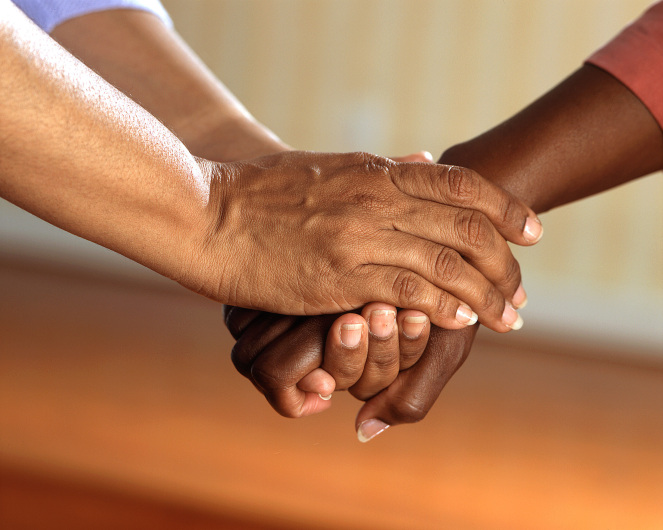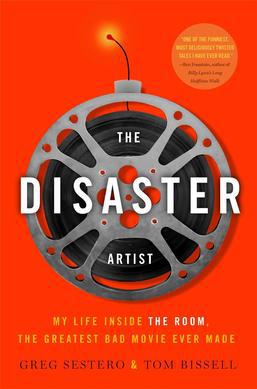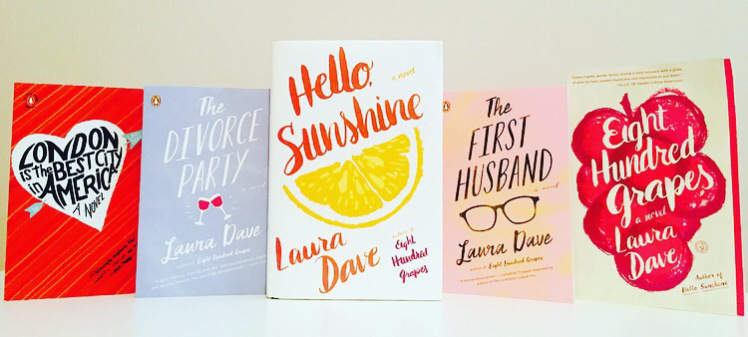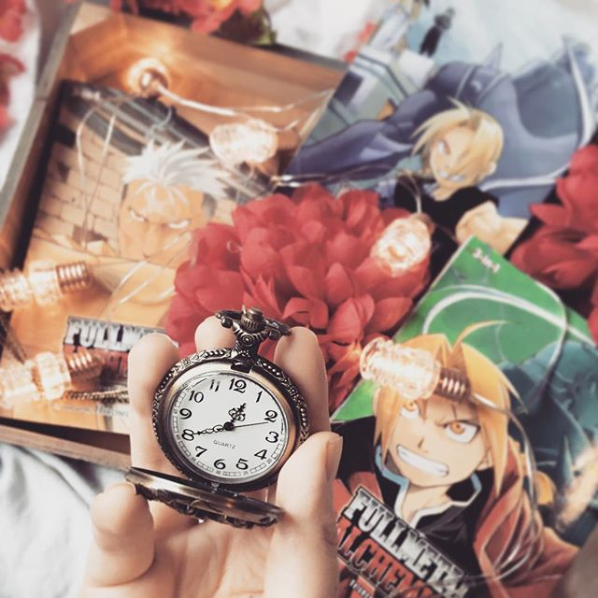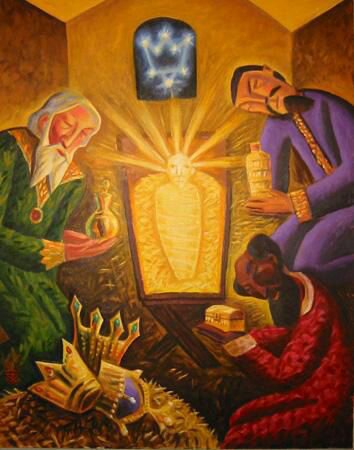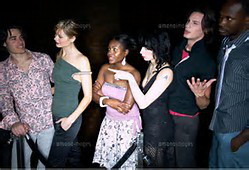
“One, two, four and five, you can go in. Three and six, we are at capacity right now.”
In a weird way, you can almost appreciate the openness of a verbal, though racist, rejection At least you have affirmation. You can go on with your life, make other plans, and find a more tolerant place to hang out, though a little sadder. That’s not always the case. Some bars and nightclubs will give what I call “the silent no.” The “silent no” is when a bouncer, with no visible or articulable reason to deny your entry, will “hold the line” for an unreasonably long time in the hope that you will get frustrated with the wait and leave on your own. “Holding the line” means not allowing anyone in, usually until other people leave, but not always. It’s also a good marketing trick. It is what bars do when they want to make a place appear busier or more popular.
“A place with a long line must be worth the wait, right?” said everyone’s naive friend.
They won’t tell you that you are not getting into that bar or club. Instead, you wind up in a sort of limbo, or the world’s most patient game of chicken, where you won’t leave and they won’t advance the line until you’re gone. You realized that at some point it has to cost the bar more to keep you out than to just let you in, because not only are you not inside spending money, neither is anyone behind you in line and, worse still, now some of them are leaving. A few of the more bold places have figured a way around this with the coveted “VIP line.” (Ooh la la!) With the VIP line, bouncers get to handpick who goes to that line and gets in first. Funny how the six white people directly behind you all got picked, including the girl you were chatting with in line who told you they had never been there before.
You ask the bouncer why they got picked and not you, and he says it was because they know the owner or they are regulars… and… your heart sinks. You’ve been through this before, you aren’t getting into this place either. You want to break down and cry, but you don’t want to give them the satisfaction. You weigh leaving or staying out of spite just to make him look you in the eyes. He made you feel inhuman, why shouldn’t he be made to feel like a monster? So you stay. Lines behind you come and go. The people left in line with you are almost exclusively black. Now there is no question about it. You wonder why they stayed. You wonder who they are and if they are like you? Why is no one doing anything to stop this? Eventually, you give up and leave. Maybe you go home. Maybe you default to the bar in your part of town where you are guaranteed to get in. Either way, you are not the same person as when you started your night.
Some nights you get in, but you don’t feel any better about it because you had to pay the “black tax.” The short version is this: you have to pay more to get into a place because you are black, literally. That was not a metaphor. The black tax functions a few different ways. The first way involves you paying a cover when no one else has to pay a cover. Yes, that’s probably illegal, but you can drink or you can protest. The cover works kind of like the buy-in in a game of poker, where they want you to prove you have the money to play before they take the gamble on letting you play; although, sometimes the cover is exorbitantly high just to discourage you from coming in. Sometimes you have to pay a bouncer to let you in when he would have turned you away otherwise, and then you pay a cover on top of that — that’s the second way.
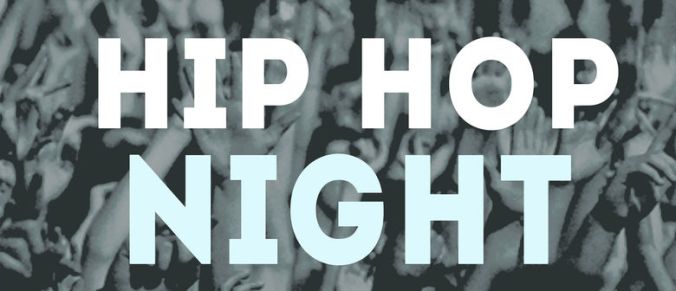 The third way is to host a “black night.” They aren’t literally called “black nights.” That would be a little too on the nose. Instead, they host “reggae night,” or “hip-hop night,” or “R&B night.” — whatever night means they play music targeting black people. You would be tempted to celebrate a place hosting a “black night,” until you realize they are charging $20 to $40 dollar covers on places that are free every night except that one. It would be racist, but understandable if they were paying additional security because they believed black people were more violent and they needed more security for a black night, but that’s not the case. Nothing changes. It’s the same bouncers, the same DJ, the same drinks, which is another issue. No, they are charging more because they know that they are dealing with a captive — no pun intended — market of undesirables that just wanted to go out for a bit of fun without having to deal with all of the other black codes for a night. It’s predatory. (Yeah, that’s capitalism, too. I get it.) It sucks, but it doesn’t end there.
The third way is to host a “black night.” They aren’t literally called “black nights.” That would be a little too on the nose. Instead, they host “reggae night,” or “hip-hop night,” or “R&B night.” — whatever night means they play music targeting black people. You would be tempted to celebrate a place hosting a “black night,” until you realize they are charging $20 to $40 dollar covers on places that are free every night except that one. It would be racist, but understandable if they were paying additional security because they believed black people were more violent and they needed more security for a black night, but that’s not the case. Nothing changes. It’s the same bouncers, the same DJ, the same drinks, which is another issue. No, they are charging more because they know that they are dealing with a captive — no pun intended — market of undesirables that just wanted to go out for a bit of fun without having to deal with all of the other black codes for a night. It’s predatory. (Yeah, that’s capitalism, too. I get it.) It sucks, but it doesn’t end there.
It sucks, but it doesn’t end there.
After all of that, you still have one more black tax to pay and this one isn’t exclusive to black nights (or drinking for that matter). Now, you have to pay the black service tax. You spend 10 minutes trying to get a drink. You are standing at the bar waving to the bartender. They make eye contact with you, then walk away. They come back and take an order from behind you. Behind you! You are pissed. They take the order behind you, then disappear, but not really. They are 5 feet away from you, texting. They look around and there is no one else waiting, so they finally take your order. They give you the bill and the math doesn’t add up. You ordered a drink off the drink menu, so you knew the price when you ordered it, but it doesn’t add up. That’s the black tax. The bartender tipped him or herself, assuming
They look around and there is no one else waiting, so they finally take your order. They give you the bill and the math doesn’t add up. You ordered a drink off the menu, so you knew the price when you ordered it, but it doesn’t add up. That’s the fourth way. That’s the black tax. The bartender tipped him or herself, assuming you weren’t going to tip. Because, clearly, after that service, they deserved it. You have two options: you ask the bartender about it, they claim it “must have been a mistake,” but the rage in their eyes is obvious and they give you a new bill; or, you pay the bill as is, knowing they tipped themselves, and you still tip anyway — because you don’t want to be a stereotype.
#TaxDay
Advertisements Share this: